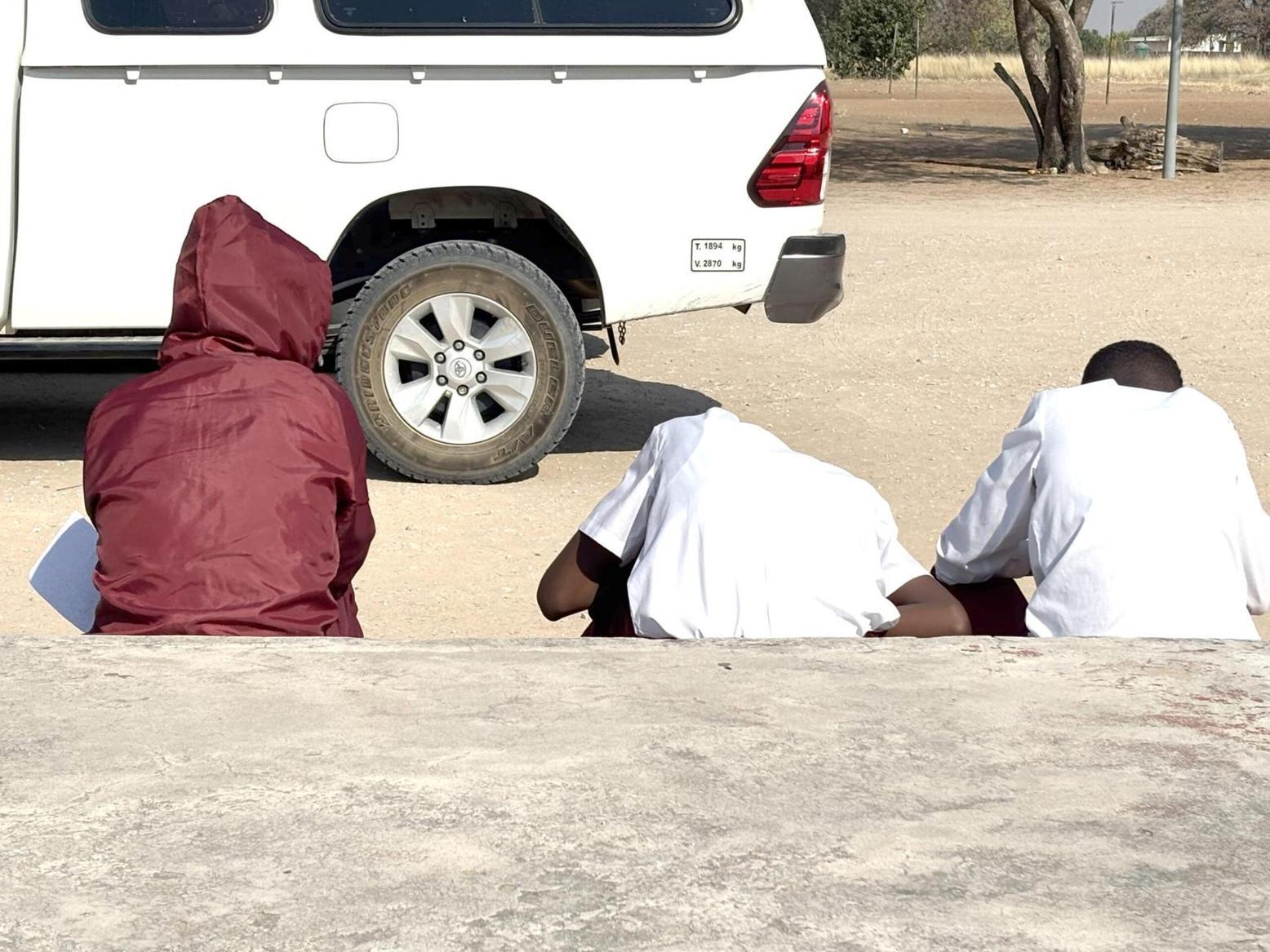Africa-Press – Namibia. An investigation into the suspected food poisoning of nearly 125 learners at Maria Mwengere Senior Secondary School has concluded that poor water quality at the hostel was a major contributing factor, alongside multiple other factors.
The suspected food poisoning outbreak occurred on 31 August this year, prompting the Ministry of Education, Innovation, Youth, Sports, Arts and Culture to launch an investigation.
According to the investigation report seen by this news agency, the inquiry was carried out by a committee comprising of officials from the ministry’s head office and selected regional representatives.
The investigation revealed that the water supplied to the hostel had a bitter taste and a strong smell resembling bleach.
“The chief hostel matron allegedly experienced dizziness after consuming it,” the report stated.
NamWater test results confirmed that chlorine levels at the main plant were within the normal range.
However, further testing of the hostel’s onsite water tank showed a chlorine concentration of 2.2mg/L, a level considered high.
NamWater staff were reportedly unable to explain this discrepancy and did not officially alert the school management to stop using the water.
The report further noted that learners continued consuming water supplied directly from the NamWater reservoir, which also serves the wider Kayengona community where the school is located.
“Subsequently, some learners fell ill. The police collected a vomit sample from one of the affected learners for laboratory analysis, but the results are still pending,” the report stated.
During an inspection conducted in the presence of the investigating team, NamWater officials were requested to examine the hostel’s water tank. The team observed visible discoloration in the water, confirming it was unsafe for human consumption.
The investigation concluded that the outbreak was likely caused by a combination of risk factors, including poor hygiene among kitchen staff, the absence of protective clothing, non-functional cold storage facilities, and contaminated water among other factors.
The report recommended that the hostel’s emergency water tank be replaced with two 10 000-litre tanks as a matter of urgency.
A source who requested anonymity said the hostel’s water tank was emptied immediately after it was discovered that the water was unsafe for use.
Among other recommendations, the report advised the Kavango East Regional Education Directorate to repair all damaged kitchen infrastructure and to procure food safety specialists to develop quality and safety standards for meal preparation.
For More News And Analysis About Namibia Follow Africa-Press






